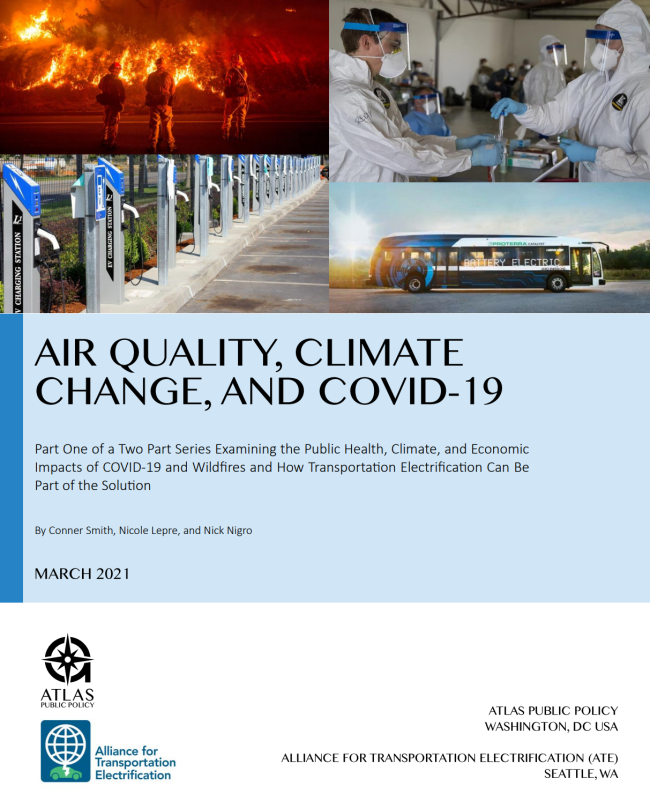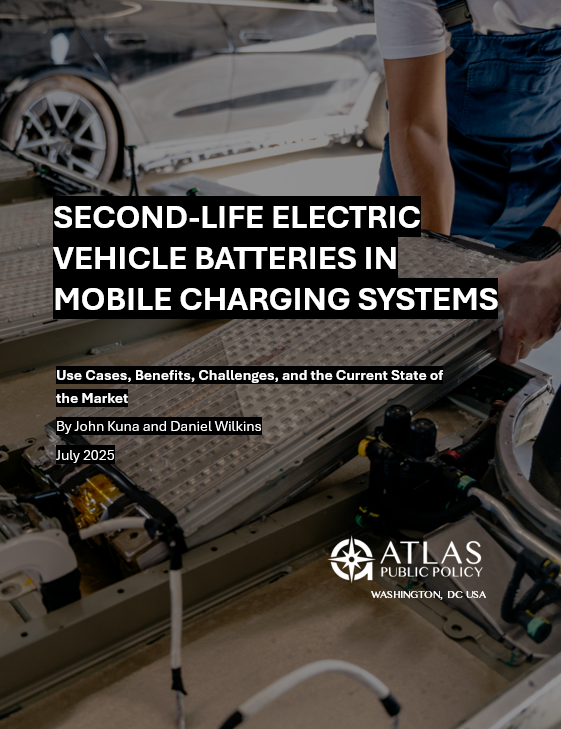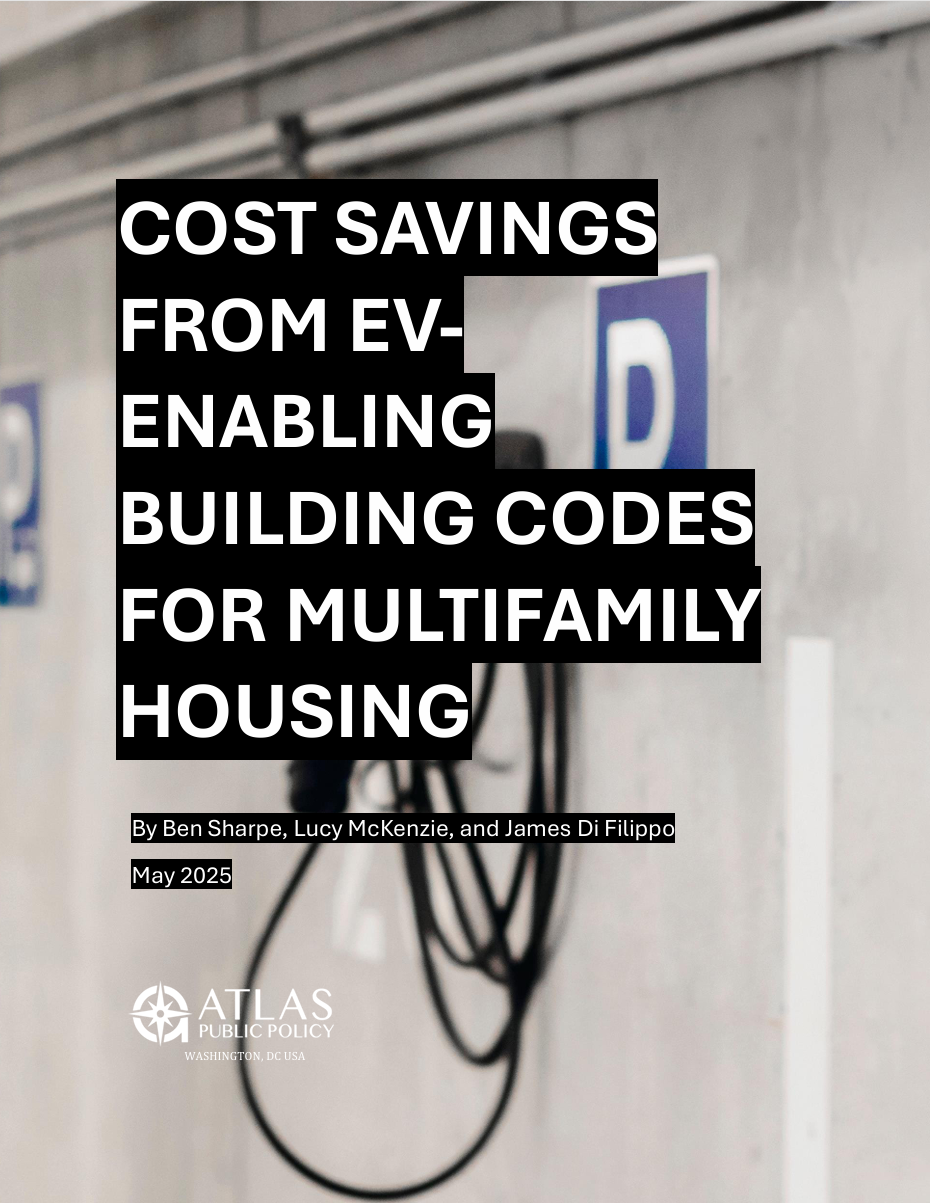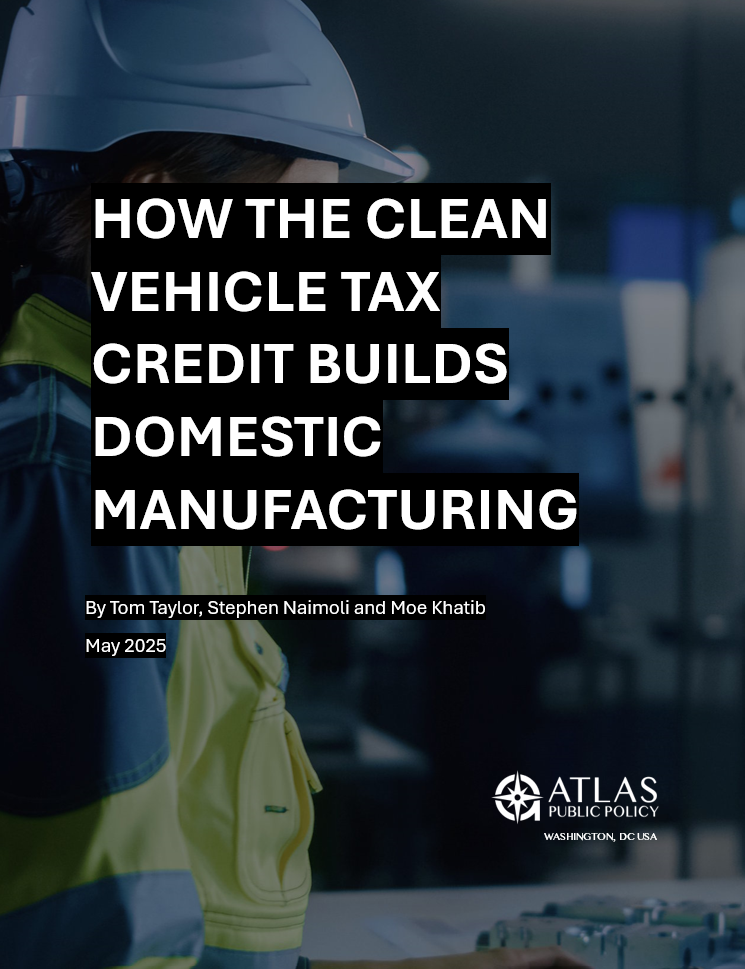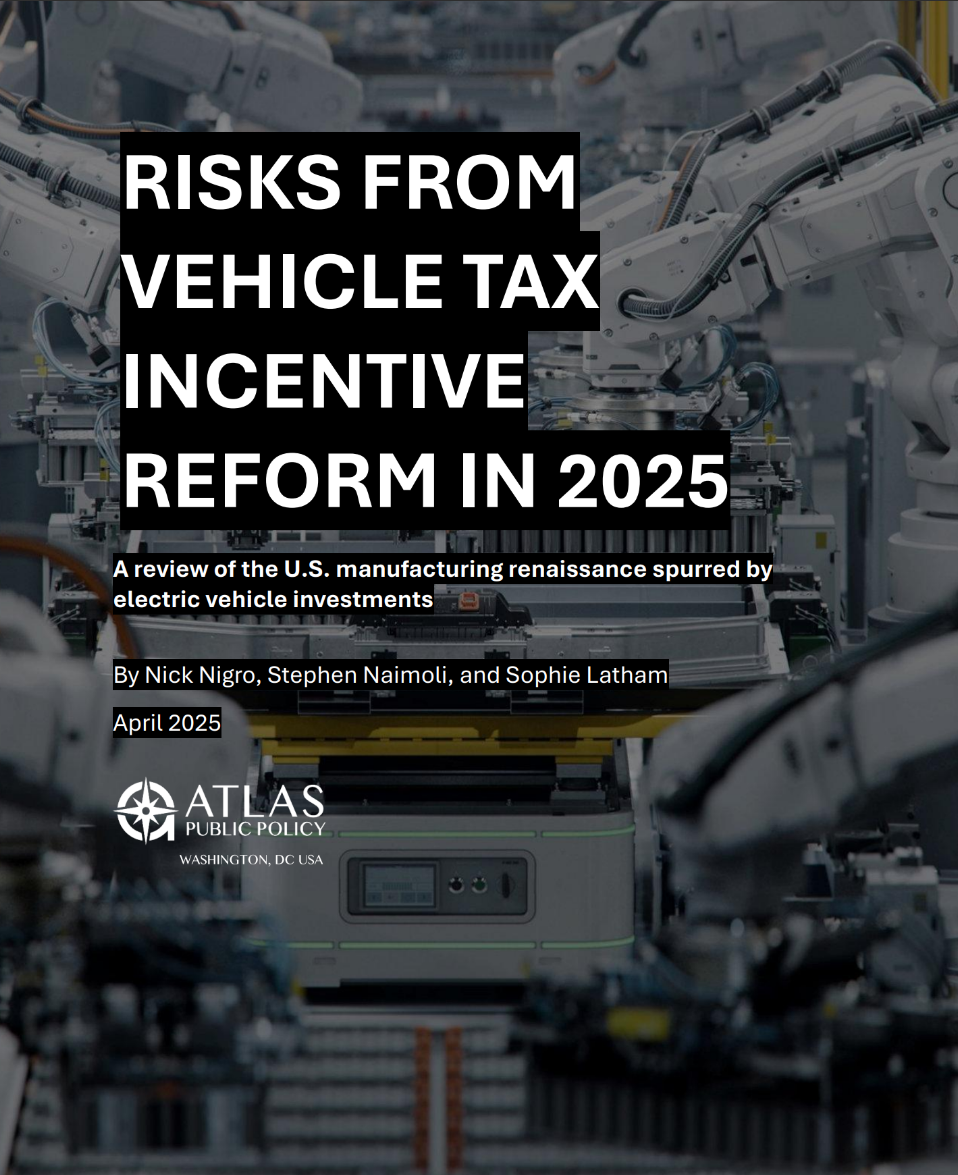COVID-19 and the severe 2020 wildfire season have had an extreme impact on economic, health, and social justice challenges in the United States. Americans continue to contract the virus at elevated rates, contributing to persistent high unemployment and job loss as businesses temporarily and permanently close. These challenges are not distributed equitably and research shows that communities of color face worse health and economic outcomes due to the pandemic compared to white communities. These disparate economic and health outcomes are exacerbated by preexisting inequalities. Studies have shown that disproportionate concentrations of air pollution in underserved communities are contributing to higher mortality rates from COVID-19. Meanwhile, the extreme 2020 wildfire season, the largest on record this century in terms of acreage burned, has raised the need to rapidly reduce greenhouse gas emissions to mitigate the effects of climate change, which contributes to the increasing intensity of wildfires.
Accelerating the electrification of the transportation sector has an important role to play in mitigating climate change, reducing local air pollutants, and stimulating economic recovery from COVID-19.
This paper describes the economic, health, and social justice challenges from both COVID-19 and the 2020 wildfire season and highlights the role of transportation electrification in being one of many critical responses to the challenges. This paper is the first paper in a two-part series. The second paper in the series will provide a closer look at the specific ways transportation electrification can address these challenges and includes an exploration of near-term policy and funding opportunities to decarbonize the transportation system.
